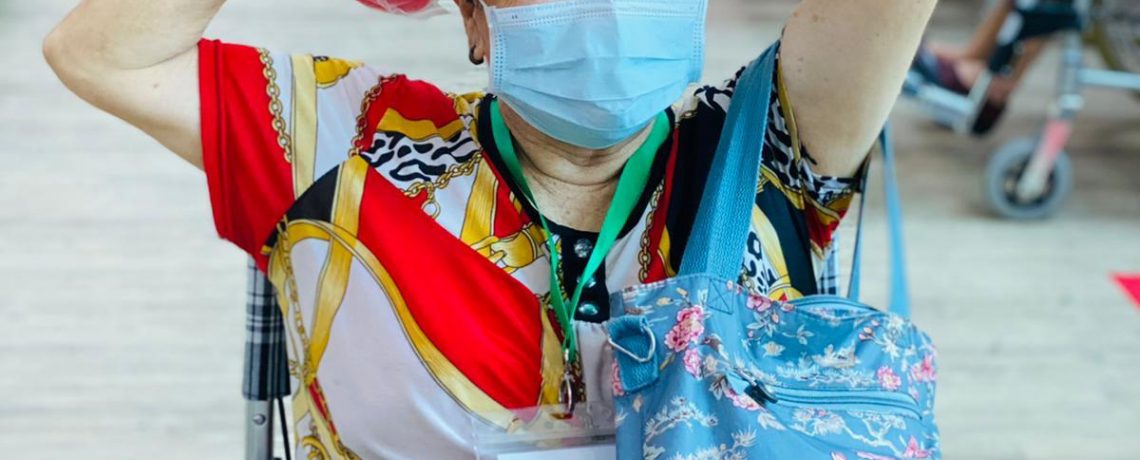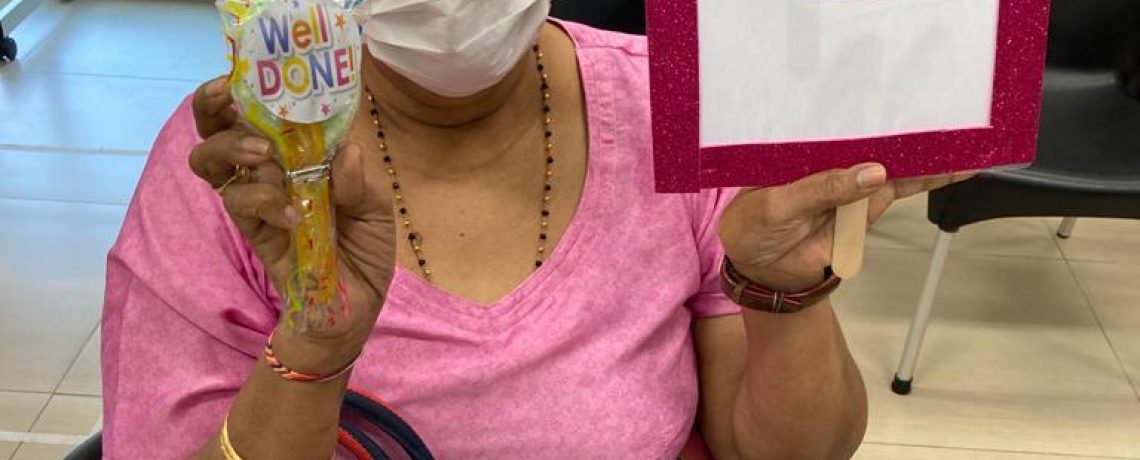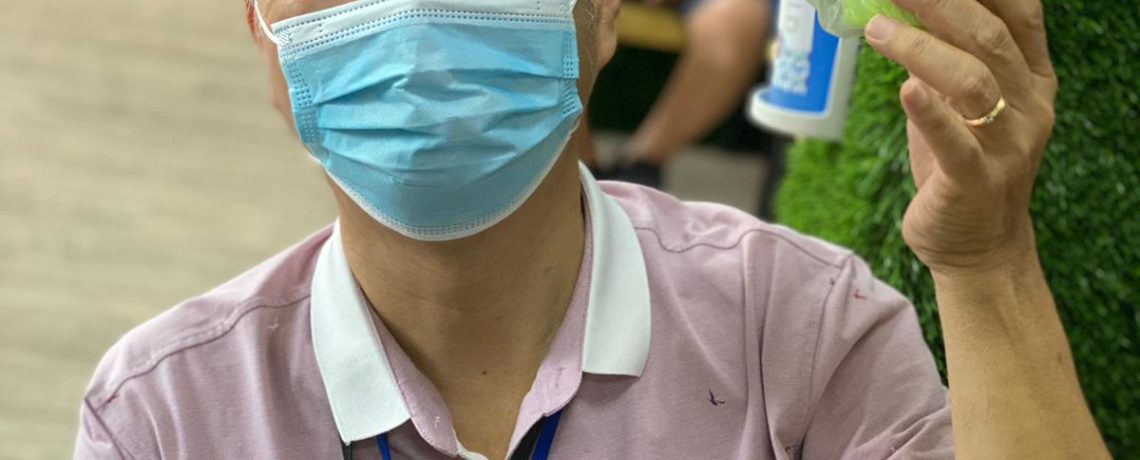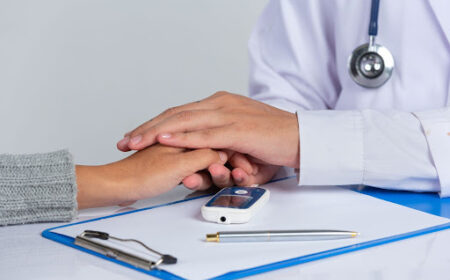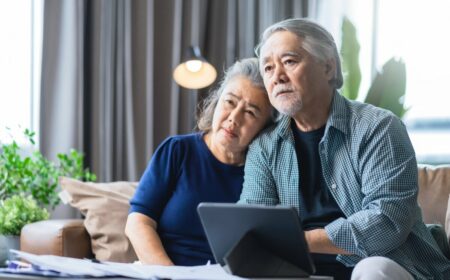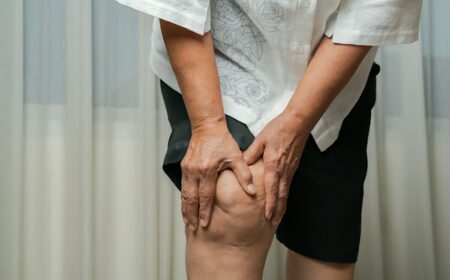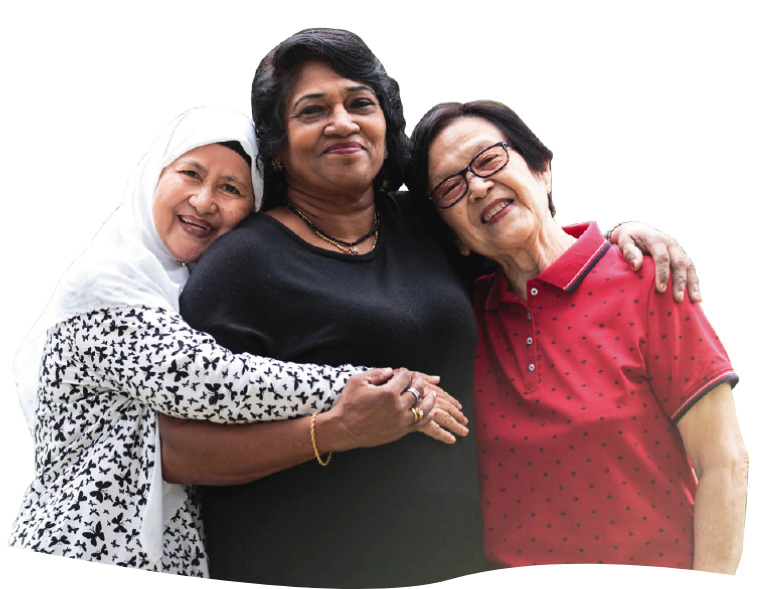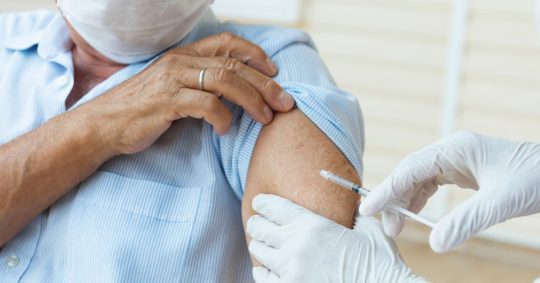
Vaccine side effects like heart inflammation (myocarditis and pericarditis) are very rare. Most patients with such side effects responded well to medicine and rest, and felt better quickly after receiving care.
If you’ve been a part of our nation’s latest vaccination drive, give yourself a pat on the back. As of 14 October 2021, Singapore has achieved a fully vaccinated population rate of 84%. Many of us are excited about having reached that milestone, and are looking forward to getting back to a more normal way of life; marked by gradual relaxing of safe management measures and reopening of our borders. For those of us eagerly anticipating the option to dine out and socialise in groups, or even put travel with friends and family on the agenda again, you’re not alone!
Vaccination is one of the most important tools in our fight against COVID-19. But with a large number of daily cases and the emergence of COVID-19 variants infecting even some who are vaccinated, many of us ask: when will COVID-19 end? Are we truly ready to embark on living with COVID-19 in the long term? And notably, how do we encourage those who have yet to be vaccinated, to go for their shots?
Getting Ready for an Endemic Future
When Prime Minister Lee Hsien Loong said on May 31 that COVID-19 would become endemic1, the term “endemic” was still relatively new to us. Today, most of us know it refers to a disease that is circulating permanently in the community. Much like tuberculosis and dengue in Singapore, an endemic COVID-19 is unlikely to go away, meaning that we need to learn to live with it and be prepared to deal with the occasional spikes in infection rates.
A vaccination is a crucial part of our plan if we are to live resiliently with COVID-19, as it maximises the protection against the dangers of COVID-19 for our resident population, especially among the aged and immuno-compromised who are more vulnerable. A well-vaccinated population not only lessens the risk of infection for each of us but also reduces the risk of larger outbreaks. Every vaccinated person plays a part in helping to protect our loved ones and those who are currently ineligible for vaccination.
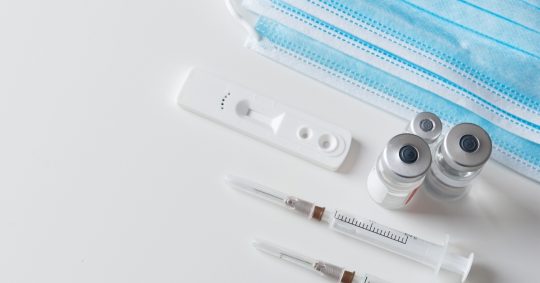
A test regime is required to help detect COVID-19 cases early and slow down the spread of the virus.
Why Eligible Seniors Should Get Vaccinated
Our immune system becomes less effective at tackling infections as we age.2 Therefore, it comes as no surprise that the elderly are among those most at-risk from COVID-19. Seniors who get vaccinated benefit greatly by boosting their immune response to the virus, to prevent the worst outcomes and significantly reduce their risk of severe complications due to COVID-19 infection.
Many seniors have existing medical conditions like diabetes, hypertension and a history of heart attacks that make them more vulnerable to severe complications from COVID-19. Therefore, we strongly urge seniors to take the vaccine for better protection against severe COVID-19 that requires intensive care or oxygen supplementation during an infection. Furthermore, once vaccinated, individuals are also more likely to recover faster from a breakthrough infection3.
In addition to self-protection, getting vaccinated also helps to safeguard others around us. Every person who does their part to get vaccinated contributes to achieving herd immunity to reduce the risk of community transmission. With more fully inoculated individuals, we can reduce the impact and spread of COVID-19 to protect our friends and family against the disease.
Making Vaccinations Safe and Easy at NTUC Health
During the first half of 2021, we conducted vaccination drives for our seniors to receive their essential shots at our care facilities. For our Senior Day Care clients, we turned a potentially stressful event into a lively and upbeat experience with post-vaccination parties, certificates and goodie bags. These efforts by our staff created opportunities to educate our elderly clients on the benefits of being vaccinated and helped reassure them and their next of kin on how to manage potential side effects like fatigue and soreness at the injection site. To ensure the safety and wellbeing of our clients, doctors and nurses were also deployed onsite to provide medical attention where necessary.
Seniors receive post-vaccination goodie bags and ‘certificates’ at our Day Centre for Seniors
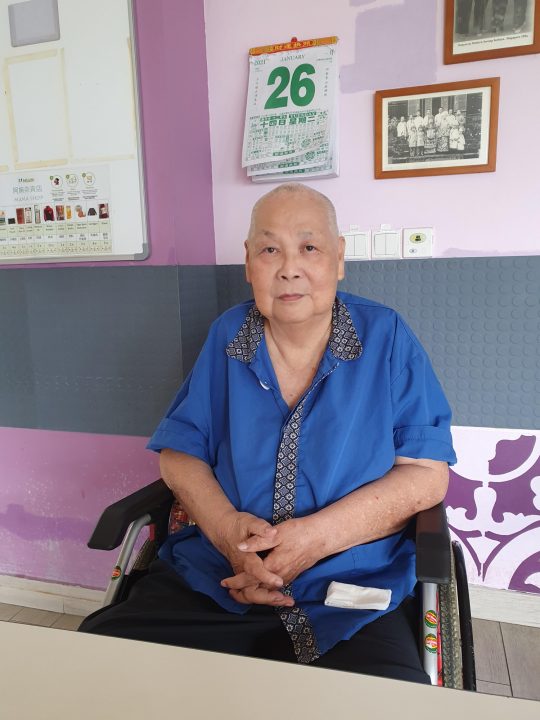
Our nursing home residents, like 72-year-old Mr Lum Weng Kee from NTUC Health (Geylang East) nursing home, were also amongst the first to get their shots at our vaccination drives. “I want to stay around longer and hopefully not go so quickly,” he explains cheekily.
Additionally, our Home Care clients were also provided with convenient access to their vaccinations through the Agency of Integrated Care and the Ministry of Health, bringing doctors and nurses to our clients’ homes across Singapore. Each team would carry out a 30-minute observation period after the vaccination before proceeding on to the next stop.
Encouraging Seniors to Take the Jab
To protect against infection and serious illness, Singapore has made vaccinations readily available, and even started offering booster shots. However, some seniors may still be hesitant to get their shots.
A good way to encourage seniors to get vaccinated is by first understanding their fears. These typically involve concerns about side effects, scepticism over the way the vaccine was developed, preference for a natural vaccine, and even mobility issues that make it hard for them to travel to vaccination centres. Taking the time to listen to their concerns and patiently addressing them is key to getting seniors to be more open to vaccination.
For additional help on understanding the COVID-19 vaccination programme, you may visit the Singapore Government’s official communications portal to access a wide range of useful resources, such as vaccination-related videos in multiple languages and even dialects to cater to seniors. Be sure to look out for clips featuring different celebrities, authority figures, and every day people sharing their vaccination experiences and knowledge.
While it is ultimately a personal choice on whether to take the jab, helping the elderly feel more positive about the whole experience may reduce their resistance towards getting vaccinated.

Get your essential vitamins with plenty of fresh fruits and vegetables in your diet.
Keeping Safe with Post-Vaccination Care Tips
For those of you who may be feeling a little anxious over potential side effects, do know that it is normal to experience some mild symptoms following any vaccination. Here are some care tips to manage the discomfort, if any:
- Place a cold compress over the injection site to reduce any swelling and pain.
- Avoid lifting heavy objects with the injected arm right after the vaccination.
- Avoid strenuous physical activities for 2 weeks after either dose of the vaccine
- Drink plenty of water to stay hydrated.
- Get ample rest if you feel tired and stay home.
- Take up to two paracetamol tablets for every 6 hours for mild fevers and body aches.
- Take vitamin C to boost your immunity.
- Monitor your health and see a doctor if symptoms get worse over time.
mRNA vaccines have been proven to be safe and effective. In very rare cases of adverse reactions, do seek medical attention by calling 995 or head to the nearest A&E immediately where you can be treated promptly.
Your Decision to Get Vaccinated Matters
Vaccinations are a key factor in determining whether we can safely engage in our normal activities in an endemic COVID-19, like revisiting the hobbies that we enjoy, spending time with our friends and family, and going about our livelihoods with peace of mind.
Get in touch with us
Consult a doctor for advice on COVID-19 vaccinations by contact NTUC Health's Family Medicine Clinic at 6281 2638.
